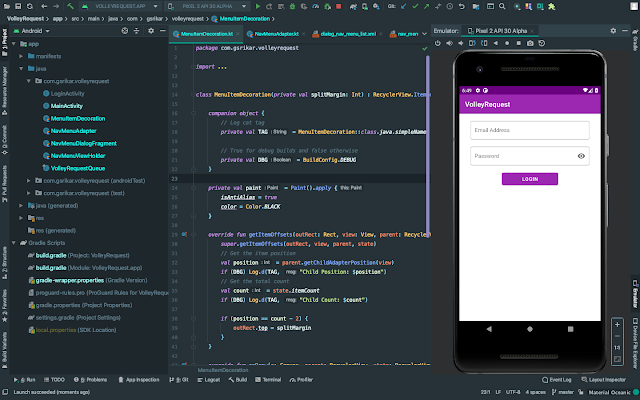How to Cast Integer to Float and Vice Versa in TensorFlow
In this article, we will learn to convert the data types of tensors to integer and float.
First, let's create two nodes.
node1 = tf.constant(5) # dtype is int32
node2 = tf.constant(6.0) # dtype is float32
Let's multiply the two nodes to create a new node
node3 = tf.multiply(node1, node2)
This will throw a
TypeError: Input 'y' of 'Mul' Op has type float32 that does not match type
int32 of argument 'x'.
This is because the node1 data type is an integer while the data type of node2 is a float.
Multiply method doesn't convert the types of its variables automatically. For now, we need to change them before performing any type of arithmetic operations on them. I hope this changes in the future releases.
The correct way is to convert either of the node's type to match the other. Here, we are converting the node1 which is an integer to a float.
tf.to_float(node1, name='ToFloat')
Replacing the node1 with the above line in the multiply method will resolve the issue. To learn, more about other types of casting you can check the official website.
Below is a full code that correctly performs multiplication of two nodes when there are of different types.
This file contains bidirectional Unicode text that may be interpreted or compiled differently than what appears below. To review, open the file in an editor that reveals hidden Unicode characters.
Learn more about bidirectional Unicode characters
| import tensorflow as tf | |
| node1 = tf.constant(5) # dtype is int32 | |
| node2 = tf.constant(6.0) # dtype is float32 | |
| print('Node 1: ', node1) # Node 1: Tensor("Const:0", shape=(), dtype=int32) | |
| print('Node 2: ', node2) # Node 2: Tensor("Const_1:0", shape=(), dtype=float32) | |
| # Multiplication | |
| # Convert the node1 type to float32 before multiplying | |
| # If you don't convert the types, you'll get TypeError: Input 'y' of 'Mul' Op has type float32 that does not match type int32 of argument 'x' | |
| node3 = tf.multiply(tf.to_float(node1, name='ToFloat'), node2) # dtype is float32 | |
| # Convert the node2 type to int32 before multiplying | |
| node4 = tf.multiply(node1, tf.to_int32(node2, name='ToInt32')) # dtype is int32 | |
| print('Node3: Multiply: ', node3) # Node3: Multiply: Tensor("Mul:0", shape=(), dtype=float32) | |
| print('Node4: Multiply: ', node4) # Node4: Multiply: Tensor("Mul_1:0", shape=(), dtype=int32) | |
| # Run inside a session to get the values | |
| with tf.Session() as sess: | |
| node3Value = sess.run(node3) | |
| node4Value = sess.run(node4) | |
| print('Multiplication value at node 3: ', node3Value) # Multiplication value at node 3: 30.0 | |
| print('Multiplication value at node 4: ', node4Value) # Multiplication value at node 4: 30 |
ValueError: Tensor conversion requested dtype int32 for Tensor with dtype
float64 in Tensorflow.
The solution is same. Convert the first tensor or the second tensor type to match the other.



